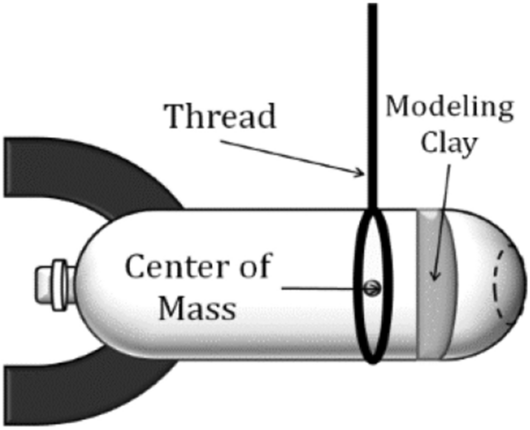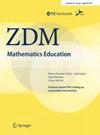教师通过STEAM项目开发数学能力的成长
IF 2.4
2区 教育学
Q2 EDUCATION & EDUCATIONAL RESEARCH
引用次数: 0
摘要
本文的目的是教育工作者关心的课程倡议,促进STE(A)M项目在中学教育,以提高数学能力。最近有研究报告称,这些项目表面上解决了数学内容,阻碍了共识认为为公民日常生活做好准备所必需的能力的发展。本研究表明,当教师在他们的项目经验中接受个性化培训和持续的帮助时,学习目标可能会实现。我们考察了两名西班牙语教师在顾问的支持下,如何在3年的时间里在单个项目的实施中利用数学能力取得进展。他们的发展不是小建议的结果,而是与顾问不断互动的结果。这些互动旨在保持教师信心和项目改进之间的平衡,这需要承诺和坚持。西班牙语课程中所考虑的五种能力中,有四种在持续改进后得到了有力的体现。经常调动的能力是数学内部,表示,以及协作工作和积极的身份,其次是建模。最后一个问题很难解决,但一旦解决了,其他三个问题就自然而然地出现了。计算思维没有得到很好的体现,主要是因为顾问的背景和它最近被纳入参考课程。导师的学术背景、教学专业知识、将研究成果转化为教学的能力以及支持他人的经验都会影响教师的进步。本文章由计算机程序翻译,如有差异,请以英文原文为准。

Teacher growth in exploiting mathematics competencies through STEAM projects
Abstract This article is aimed at educators concerned with curricular initiatives that foster STE(A)M projects in secondary education to promote mathematics competencies. Research has recently reported that these projects superficially address mathematics content, hampering the development of competencies the consensus deems necessary to prepare citizens for daily life. This study shows that learning goals may be achieved when teachers receive personalised training and sustained assistance in their project experiences. We examine how two Spanish teachers, with advisors’ support, progress in exploiting mathematics competencies within the implementation of a single project each over a period of 3 years. Their evolution was not the result of minor recommendations but of continuous interactions with the advisors. These interactions intended to maintain a balance between teacher confidence and project enhancements, which required commitment and constancy. Four of the five competencies considered in the Spanish curriculum emerged powerfully after sustained refinement. The frequently mobilised competencies were intra-mathematics, representations, as well as collaborative work and positive identity, followed by modelling. The last of which was difficult to address, but when it was, the other three emerged more naturally. Computational thinking was poorly represented mainly because of the advisors’ background and its recent incorporation into the reference curriculum. The teachers’ progress was influenced by the advisor’s academic background, pedagogical expertise, ability to transfer research outcomes into teaching, and experience supporting others.
求助全文
通过发布文献求助,成功后即可免费获取论文全文。
去求助
来源期刊

Zdm-Mathematics Education
EDUCATION & EDUCATIONAL RESEARCH-
CiteScore
6.40
自引率
10.00%
发文量
124
期刊介绍:
ZDM – Mathematics Education is one of the oldest mathematics education research journals. The papers appearing in the seven themed issues per year are strictly by invitation only followed by internal peer review by the guest-editors and external review by invited experts. The journal exists to survey, discuss and extend current research-based and theoretical perspectives as well as to create a forum for critical analyses of issues within mathematics education. The audience is pre-dominantly mathematics education researchers around the world interested in current developments in the field.
 求助内容:
求助内容: 应助结果提醒方式:
应助结果提醒方式:


